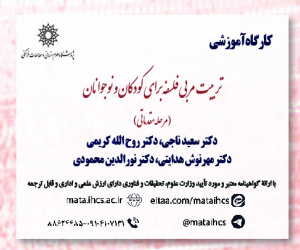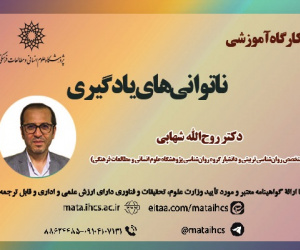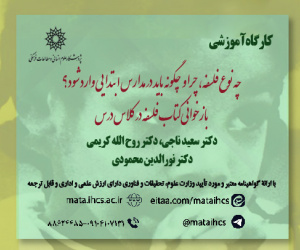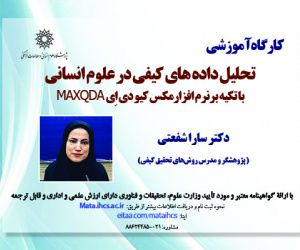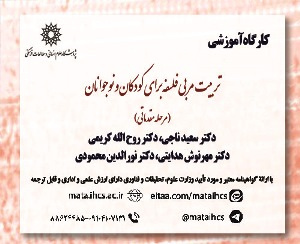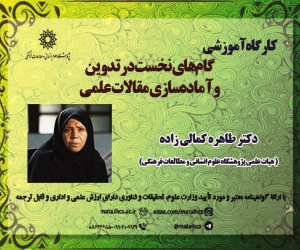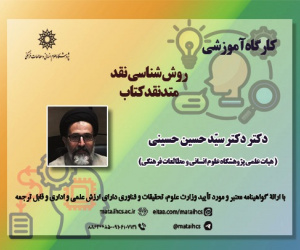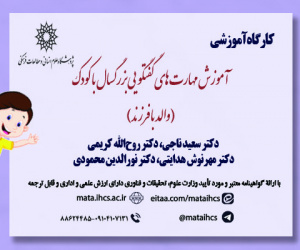ذهن سیاسی در انتخابات ریاست جمهوری آمریکا (2020 و 2024)
آرشیو
چکیده
ذهن سیاسی پدیده ای است زبانمند و بدنمند که چگونگی شکل گیری باورها و نگرش های افراد، گروه ها و احزاب سیاسی را نسبت به رویدادهای سیاسی به ویژه انتخابات توضیح می دهد. این که افراد چگونه تجربه های بدنمند سیاسی خود را در قالب ساختارهای زبانی معنا می دهند و این معانی چگونه به عمل سیاسی جهت می دهند، از محورهای اصلی ذهن سیاسی است. بنایراین سه عنصر زبان، بدن و رویداد سیاسی در مفهومی به نام «ذهن سیاسی» همبسته شده اند. با این پیشینه نظری هدف این مقاله این است که بررسی کند نامزدهای انتخابات ریاست جمهوری آمریکا با تکیه بر کدام مقولات محوری شامل اقتصاد، امنیت و... در انتخابات، به سامان دهی ذهن سیاسی مردم آمریکا پرداخته و ذهن آن ها را به سوی خود جلب کرده اند. روش مقاله تطبیقی و تحلیل محتوای کمی است و نویسندگان با این روش ها کوشیده اند تا با تحلیل محتوای چهار مناظره انتخابات ریاست جمهوری میان جوبایدن و دونالدترامپ و معاونان آن ها در رقابت های انتخاباتی سال های2020 و 2024 (تا پیش از کنار رفتن جوبایدن از رقابت ها)، رویکرد غالب ایشان در جهت دهی به ذهن سیاسی مخاطبان خود را استخراج و تحلیل کنند. طبعاً مقایسه میان روش های دو نامزد پای روش مقایسه ای را نیز به میان می کشد. یافته مقاله این است که مقوله های محوری اقتصاد، کرونا، بیمه اجتماعی و سقط جنین در انتخابات سال 2020 در ذیل گفتمان عدالت اجتماعی توسط تیم بایدن- هریس از بیشترین میزان تکرار برخوردار بوده اند. درحالی که در انتخابات سال 2024 مقوله امنیت، سیاست خارجی و مهاجرت در ذیل گفتمان دگر هراسی مقولات محوری هستندکه توسط حزب جمهوری خواه و شخص ترامپ دنبال می شوند. در نهایت نتیجه مقاله آن است که علت اصلی پیروزی بایدن در انتخابات 2020 بهره برداری دقیق دموکرا ت ها از نابودی 30 میلیون فرصت شغلی متأثر از شرایط کرونا بود؛ در این وضعیت دموکرات ها توانستند الگوی ذهن سیاسی رویدادی- گفتمانی خود را بر الگوی ذهن سیاسی ساختاری جمهوری خواهان غالب کننند و ذهنیت احساسات مردم را بیشتر با خود همراه کنند.The Political Mind in the U.S. Presidential Elections (2020 and 2024)
The political mind is a linguistic and embodied phenomenon that explains how individuals, groups, and political parties form beliefs and attitudes toward political events, especially elections. The way people interpret their embodied political experiences through linguistic structures and how these meanings guide political actions are key aspects of the political mind. Therefore, the three elements of language, body, and political events are interwoven in the concept of the "political mind." Based on this theoretical background, the purpose of this article is to examine which key categories—such as the economy, security, etc.—the candidates of the U.S. presidential elections rely on to shape the political mind of the American public and attract their support. The article uses a comparative method and quantitative content analysis. The authors aim to analyze the content of the four presidential debates between Joe Biden and Donald Trump, and their vice-presidential candidates, during the 2020 and 2024 election campaigns (up to Biden's withdrawal from the 2024 race). Naturally, comparing the methods of the two candidates also brings in a comparative approach. The findings indicate that the key categories of the economy, COVID-19, social insurance, and abortion were most frequently repeated in the 2020 election under the discourse of social justice by the Biden-Harris team. In contrast, in the 2024 election, security, foreign policy, and immigration have emerged as the key categories under the discourse of xenophobia, promoted by the Republican Party and Trump. The article concludes that the main reason for Biden's victory in the 2020 election was the Democrats’ effective exploitation of the loss of 30 million jobs due to the pandemic. In this situation, the Democrats managed to make their event-driven political mind-discourse model prevail over the Republicans' structural political mind model, garnering more emotional support from the public.


